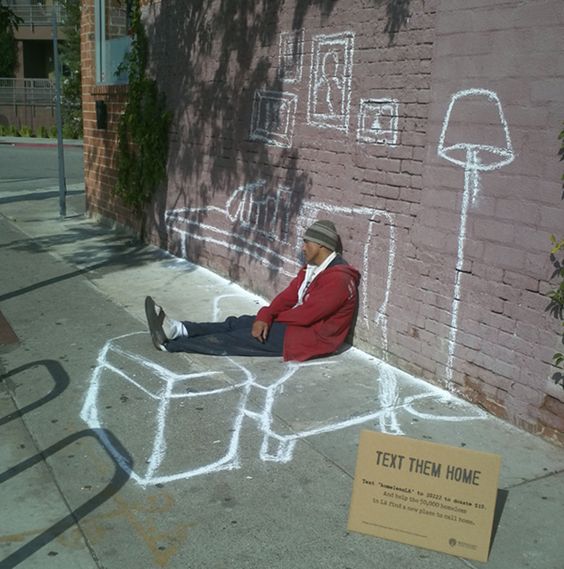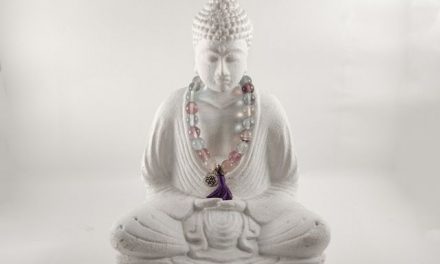By Carmelene Melanie Siani
I was in San Francisco when a homeless guy saw my husband struggling to get some heavy bags of inventory into the trunk of our car.
“Excuse me sir, I could probably help you with that if you don’t mind my offering.”
Actually, my husband had Parkinson’s disease and really didn’t mind the offer. After the guy had filled up the trunk I reached into my pocket, but he absolutely wouldn’t take any money.
“Nah,” he said, waving us off. “I was just helpin’. I weren’t panhandlin’.”
A three-egg omelet and lots of conversation later at the first restaurant “Steve” had been inside of for over a year, he told the waitress that yes, he’d take what he hadn’t finished to-go in a doggie bag.
“I cain’t eat all that much at one time anymore,” he’d said, winking a crinkly eye at me. “People lookin’ at you like you’re invisible—like you’re not real—and not havin’ a place yer from,” he said.
Those were the worst things about being homeless.
“Not the cold. Not the cops. Not even wondering where you were gonna pee or bein’ hungry all the time.”
That breakfast with Steve was 10 years ago and I still haven’t forgotten him or how he opened my eyes.
Back at home in Tucson, on our drive to the gym that we attend three time a week, my current husband and I have regularly seen a homeless guy trudging up the hill on the other side of the road. In my imagination I saw him hunkering down behind the bushes in the wash that runs right beneath the huge house at the top of the hill.
He carries what looks like the whole world on his back but it’s probably only his own personal world all crammed into an old army rucksack.
“Them grocery carts you see all the time?” Steve had said to me at breakfast in San Francisco. “Well, homes ain’t necessarily four walls and a mortgage, they’re also where you’re from. A grocery cart or a wagon or a duffle bag—it’s better’n bein from nowhere.”
For a while when my husband and I were at the gym, there’d be a woman in the Ladies Locker Room dressed in what seemed like about a hundred layers of dirty clothes. She’d stand with her back to the mirrors carefully peeling off each piece of clothing as if it was the last piece of clothing she was going to see in this lifetime until she stood there looking somehow incredibly naked in an old, tattered, Speedo that someone maybe herself) might have worn for a high school swim team in years past.
I felt like I wanted to do something or give her something but I couldn’t just assume that she wanted or needed anything from me. After all, she wasn’t asking for anything.
“Well, she could do worse than have a gym membership,” my husband said and, while he was only half serious we both agreed that for only $20.00 a month, a person could get a shower, a place to wash their hair, change clothes, even swim and otherwise take cover from the killing Arizona sun.
If that was all you wanted and you didn’t care about people looking right through you.
After our workout, my husband and I were on our way out of the parking lot, when I pointed out a grocery cart leaning up against the curb.
“Should we bring it back across the street to Walgreens?” he suggested.
“I don’t think we should move that cart,” I told my husband, remembering that a home ain’t always four walls and a mortgage. “The woman in the Speedo might have left it there.”
So many things that I hadn’t seen before I met Steve: three egg omelets that were too big to eat all at once, the entire world stuffed into an old army duffle bag, a tattered old Speedo, an abandoned grocery cart by the curb—all of it making up the lives of people.
Real people.
After that breakfast, when Steve and I were saying goodbye, he took me off-guard with a question. “What made you ask me to breakfast this morning, ma’am?”
I hesitated, realizing in a moment that a man without two nickels to rub together, no change of clothes and no place to call his own, deserved nothing more than the absolute truth. His struggle demanded it.
“Well, to be honest I asked you to breakfast because I had the money, I was alone and I had three hours to kill.”
He gave me that crinkly smile of his and nodded his head up and down.“Yes,ma’am,” he said seriously. “I understand. Me too.”
“Let your love be the kindness to make a homeless person believe that a soul needs something more than just four walls and a ceiling.”
― Munia Khan
#DefineCompassion
Share your story. How do you define compassion?
Carmelene Melanie Siani is a 74 year old woman who began writing for publication on her 73rd birthday in 2015. She writes stories and vignettes about life and how life itself gives us the lessons, hopes and direction we need to put our feet on higher ground. You can find her writing at elephant journal, the Kindness Blog, and on her writer’s Facebook page.
Photo: (source)
Editor: Dana Gornall
Comments
- Just Because I’m A Writer Doesn’t Mean I Know Stuff - October 26, 2023
- I Don’t Miss My Stuff…In Fact, I Wish I Had it All Back! - February 22, 2022
- Holding the Door Open is a Spiritual Act - January 15, 2022






